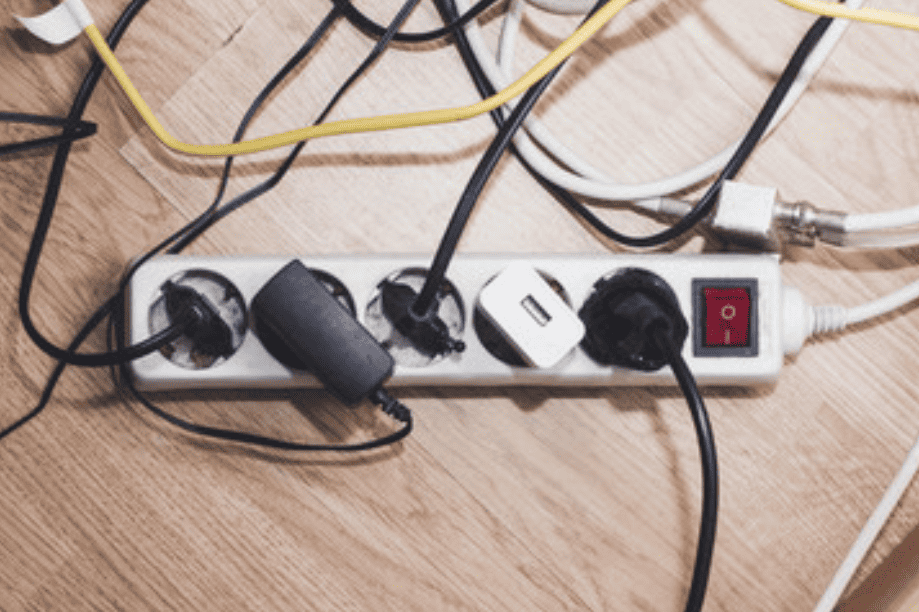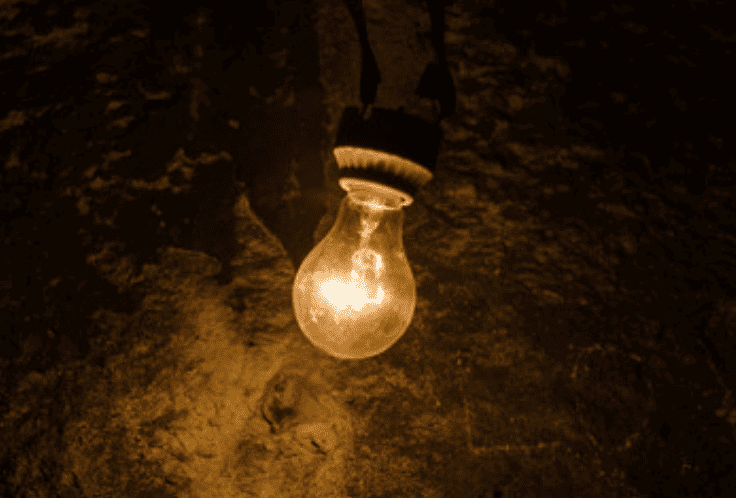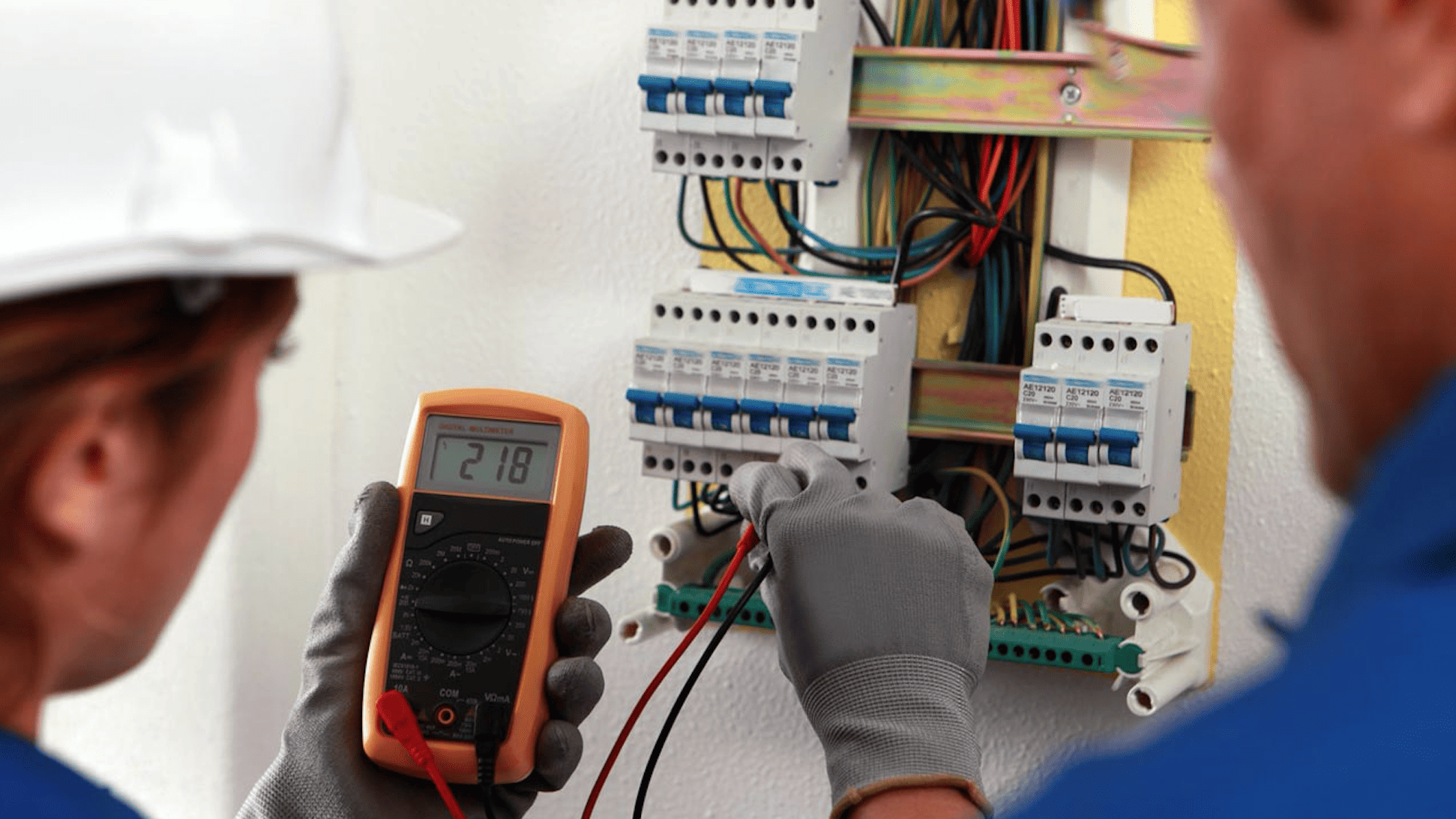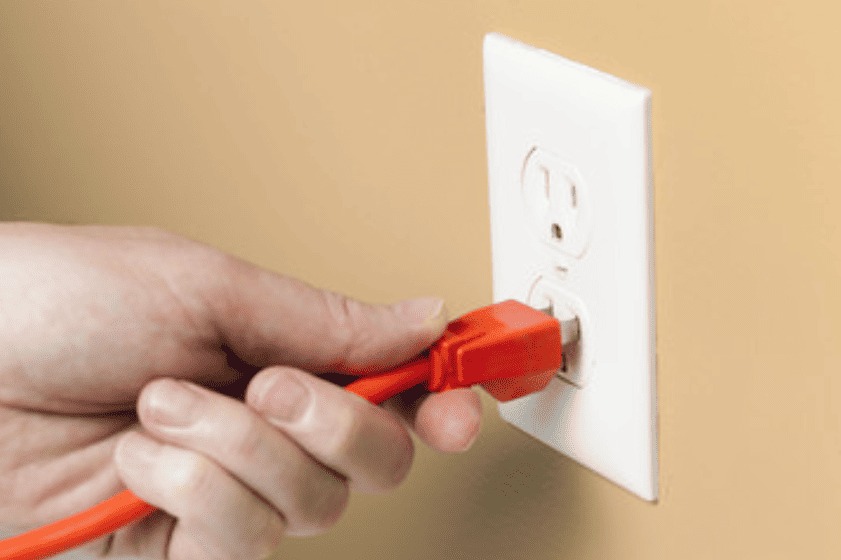12 Electrical Problems To Avoid
How to Identify 12 Common Electrical Problems
According to National Fire Protection Association, electrical issues result in more than 45,000 house fires each year. Sometimes, even 55,000 house fires come from electrical problems. But the bulk of these disasters remain preventable!
Homeowners give all their attention to preventing thieves or other factors, but sometimes forget to secure their home electrically. To protect your home from every angle, start by looking at your fuse box or breaker panel for your last inspection date. Many municipalities require inspections only when someone’s systems become modified during an addition or style change.
But the Consumer Product Safety Commission advises people to have a professional look at their electrical system every decade or so. However, electrical issues still arise. Therefore, look out for these 12 electrical problems that happen in many households.
More Information: Common Electrical Problems
Excess Extension Cords
We typically try not to make a mess of cords because it is an eyesore. However, wires remain hidden and secured within a homeowner’s walls for electrical reasons, not aesthetic. You want your wiring systems to have room for themselves, unbothered so that they last. When other outside factors start to mess with the cord area or foot traffic tramples along the wired area, the cords can malfunction. Furthermore, you do not want to pinch, damage or start a fire with your wires. Utilize extension cords sparsely and for small intervals of time, during a special occasion perhaps. Nevertheless, if your home or business needs tons of extension cords plugged in at all times, hire a professional and knowledgeable electrical team to install these cords safely.
Flickering or Dying Lights
Light fixtures usually consume small power amounts. Therefore, when lights flicker or start to die out, the issue is rarely because the fixture is breaking. Many times, the issue is caused by the larger appliances or space heaters wired to the same circuit. When energy giants like big appliances soak up all the energy in a circuit, the little guys get flushed out.
Furthermore, appliances built to cool or heat objects or items use tons of power. Flickering or dying lights is sometimes the result of washing machines or other devices related. Always consult with an expert. Ask yourself, “who is the best electrical team near me,” or “who is the best electrician near me.” Next, find those people so that they can guide you on moving items to different circuits or installing other lines specifically for larger appliances.
Smelly Odors
New appliances sometimes spew noticeable odors the first times they run. However, if you smell an unpleasant, distinguishable odor coming from an outlet, power off and unplug it and anything connected to it. Do not use this item again until a professional electrical team looks at it for further analysis.
Sudden Sparking
Electrical sparking is never a good sign. The way to deal with unexpected sparking depends on where the sparking originated from. If a fuse box, breaker panel, or other items are sparking consistently, call an electrician immediately! This is a very time-sensitive issue.
Hot Outlets
Hot outlets for appliances is a problem that is often overlooked. Some appliances, like a toaster or an oven, are meant to produce heat. However, the outlet that powers your toaster shouldn’t become hot because that indicates a serious problem. If the outlet that powers your appliance becomes hot, power off whatever is plugged into that outlet and try another outlet. If the outlet becomes hot without anything plugged into it, the wiring could be wrong. Always talk with an electrician who can consult you on whether to flip the breaker or eliminate the fuse for that outlet until your system works properly.
Blown Fuses and Tripped Breakers
Let’s say your hair dryer consistently trips a breaker in your home whether it remains plugged in or not. Your appliance may be at fault. However, if using one outlet causes blown fuses or tripped breakers repeatedly, the circuit has most likely stopped working as its intended or overloaded. Nevertheless, consult with an experienced electrician so they can walk you through the circuit issues or possibly add more lines.
Buzzing Sounds
Have you ever wondered what electricity sounds like? They say silence is golden — this saying applies directly to electrical systems. If you do not hear anything surrounding your electrical systems, then your electrical systems are most likely working just fine. Loose prongs or malfunctioning wires, however, can stir currents to buzz or make noises that annoy and should cause concern. For any unusual sounds, call an electrician before the issue, if any, worsens.
Wrong Outlets in Bathroom or Kitchen
Water is a wonderful conductor of electricity. Therefore, kitchens and bathrooms both need special shock-resistant outlets known as GFCI’s or ground fault circuit interrupters. If outlets in your bathroom or kitchen outlets do not look much different from those in your bedroom or living room. Swap out those outlets with GFCI’s to add an additional layer of shock protection around water areas.
Not Enough Outlets
Every day people use plug-strips and multi-receptacle add-on outlets. However, these pieces strain your electrical system and make it work strenuously beyond its ability. Sometimes homeowners need more circuits for safety and convenience.
Service Panel Rust or Moisture
Do not let rust or moisture collects along or within your service panels. Excess rust and moisture can threaten your wiring system or cause more issues down the road.
Aluminum Wiring
Aluminum wiring was primarily used in the 60’s and 70’s as an affordable substitute for premium copper wiring. However, safety standards for wiring have changed. Furthermore, using aluminum wiring solely can be highly-dangerous because aluminum when touching copper, causes connections to loosen which may lead to fires.
Safety is Next Phase Electric’s Number One Priority
Next Phase Electric goes above and beyond a typical standard for electrical work. We have the experience in the market to see that many electrical companies do just enough to get the job done and pass inspection. Our approach is to think through all of the issues on a project and take proactive steps to ensure safety and accuracy for our clients and our employees. We model our safety culture after the safety processes in oil refineries – some of the highest standards of any industry. We have safety programs and keep our employees up-to-date on safety training and processes.










Leave a Reply
Want to join the discussion?Feel free to contribute!